What Can You Do With an Environmental Science Degree?
What can you do with an environmental science degree? Join Pete as he discusses possible career opportunities for students pursuing a degree in environmental science in this new installment of, “What can I do with THAT degree?”
So you’re majoring in environmental science, or you’re thinking about it. Awesome! That’s why you’re here, right? Well, fortunately, environmental science is a broad degree filled with many possible career options. I should know, because I’m kind of the career expert around here.
Let me tell you a few things you could do for a career in this fascinating science.
Agricultural and Food Scientist
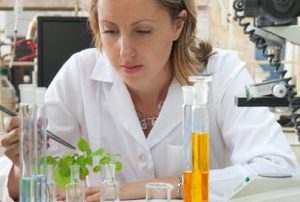
An agricultural and food scientist works to ensure that agricultural establishments are being productive and putting safety first, and that our food supply is safe. There is a lot of concern about the food industry and its practices today, and this career could be a promising one. Most agricultural scientists work in universities, private industries, or for the federal government. Typically, for this job, you only need a bachelor’s degree! A career as an agricultural scientist would allow you to improve productivity and sustainability of farms and agriculture industries.
Ecologist
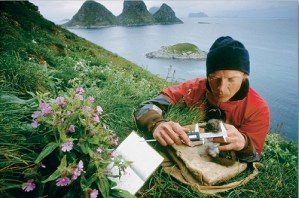
Ecologists are concerned with ecosystems as a whole, and the relationships between organisms and their environment. Their career work is wide-ranged, and they usually choose a specialized area of expertise (i.e., freshwater, marine, terrestrial, flora, fauna). Senior ecologists are usually involved with policy and management.
Seismologist
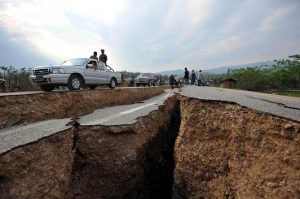
Seismologists, as you may know, study earthquakes for scientific and societal concerns. A cool subfield in seismology is called “ground motion seismology,” where scientists try to understand and predict the shaking that is generated by large earthquakes. Another cool subfield is determining the locations and times of the thousands of earthquakes that occur each year. Many questions still remain unanswered about earthquakes: What causes them to start? What controls their timing? How do they stop? You could be the person that someday answers those questions.
City Planner
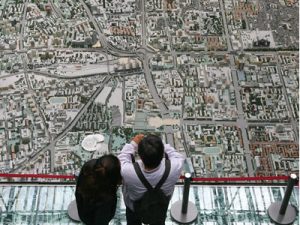
City planners develop plans and programs for the use of land. Their plans help communities grow, help population growth and revitalize cities, towns and metropolitan areas. With an environmental science degree, you could help with the environmental implications and aspects of city planning.
Botanist
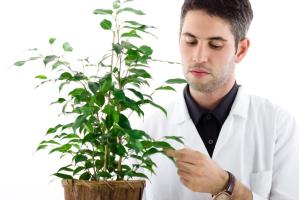
Botanists study plants. This means bacteria all the way to giant Redwood trees and everything in between— the field is broad. They may study plant interactions with their environment, search for new species and discover how plants grow under different conditions. They help to improve medicines, foods, fiber building materials and other plant products.
Conservationist

A conservationist is a person who advocates for the protection and preservation of the environment and wildlife. They work with landowners and governments to protect natural resources, including soil and water. There is a growing need for these guys in the age of overpopulation, growing technology and depleting natural resources. You could be the next conservationist to make an impact!
These are just a few of the careers you could have with an environmental science degree; I didn’t even get to go through all of them! And because environmental science is so broad but so important, you should have no trouble finding a career that’s just right for you.
Good luck out there!
Pete the Panther
Chief Motivating Officer
%CODE1%






